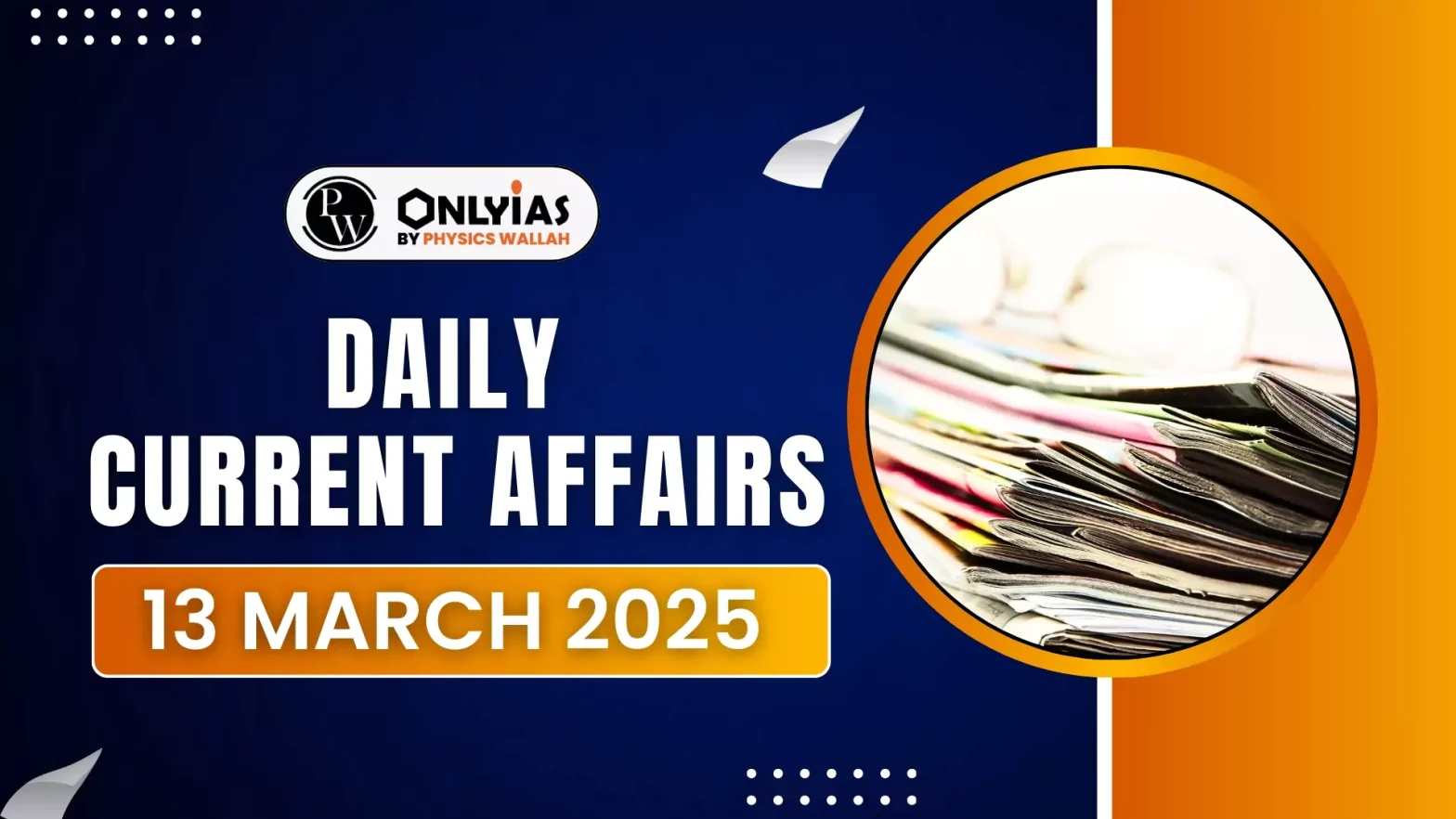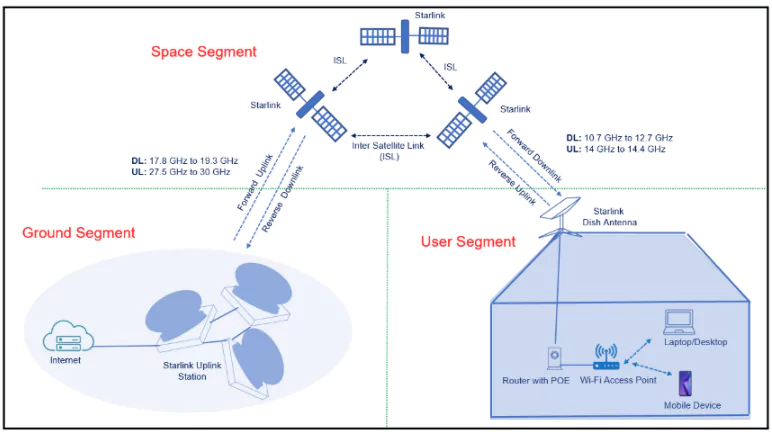![]() 13 Mar 2025
13 Mar 2025
English
हिन्दी

SpaceX has secured agreements with Airtel and Jio to distribute Starlink, its satellite internet service in India.
 Key Advantage: Especially beneficial in remote and rural areas where traditional fiber, DSL, or cable connections are unavailable.
Key Advantage: Especially beneficial in remote and rural areas where traditional fiber, DSL, or cable connections are unavailable.
Limitations of the Starlink Project
|
|---|
<div class="new-fform">
</div>